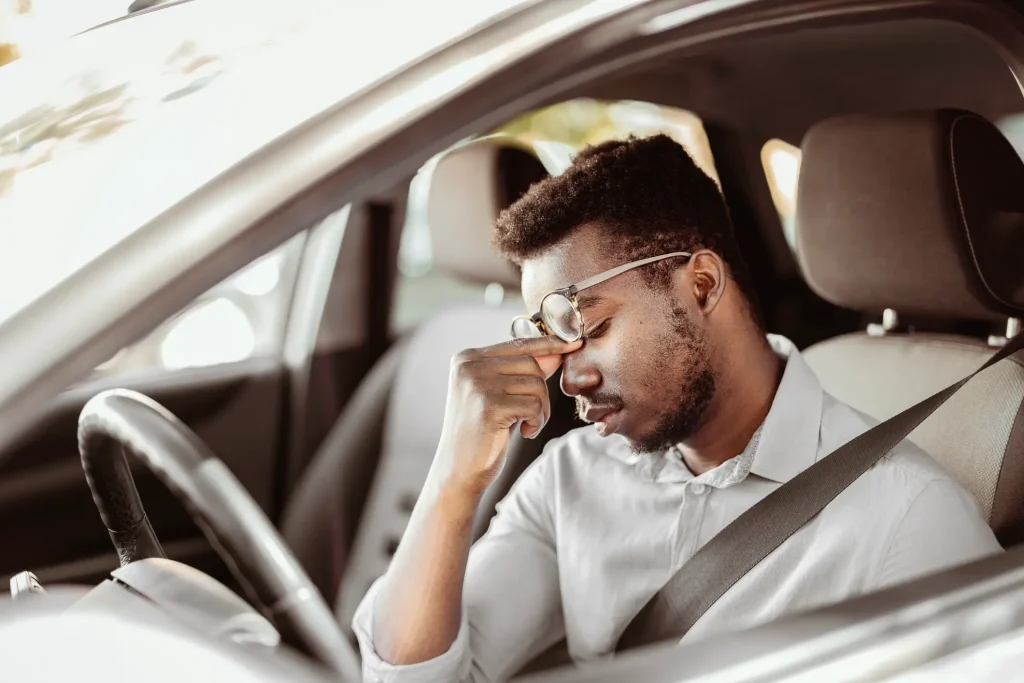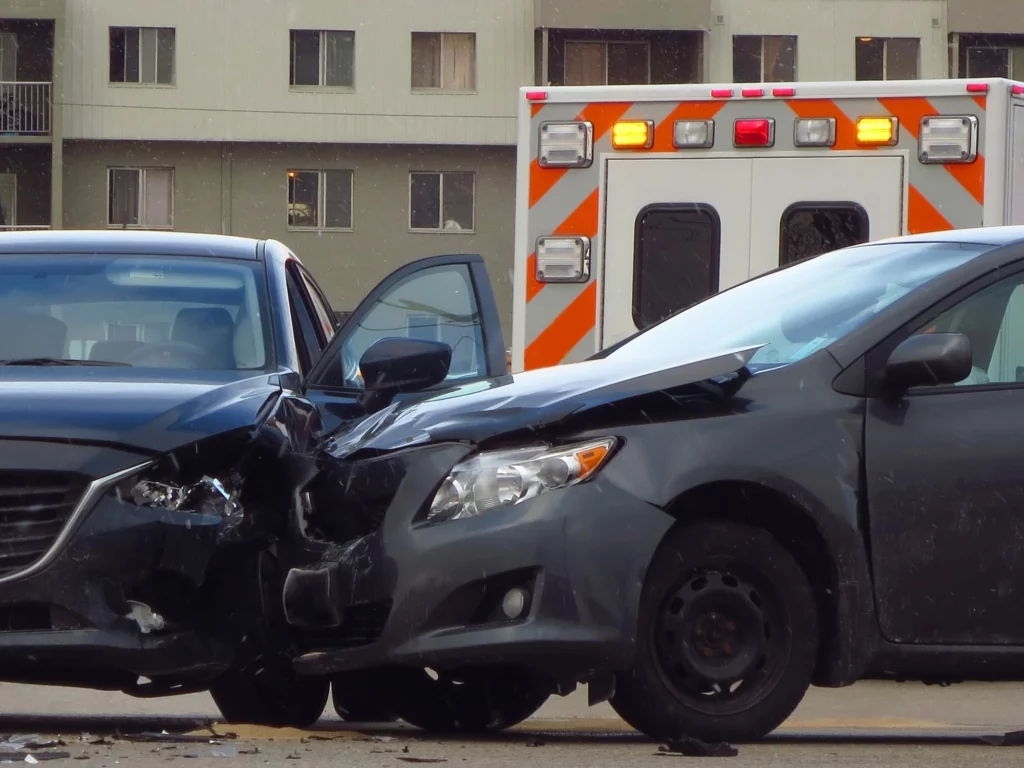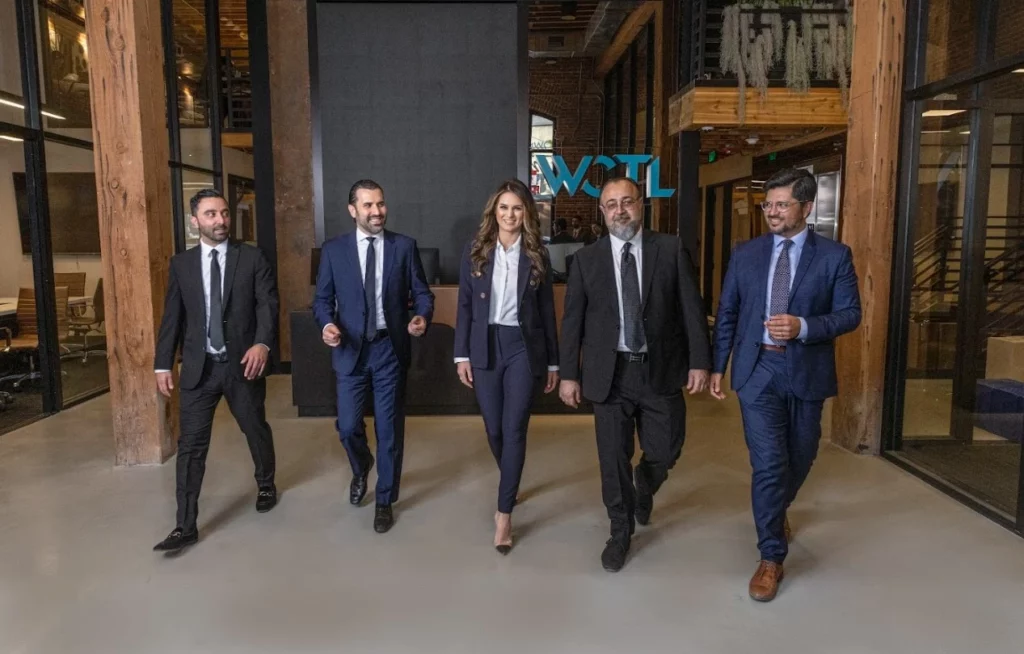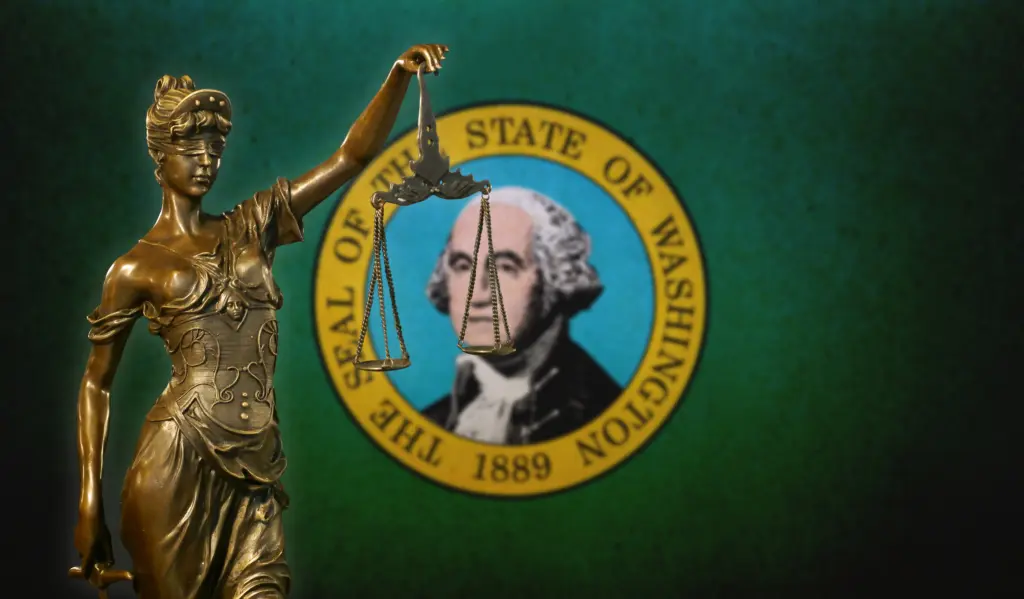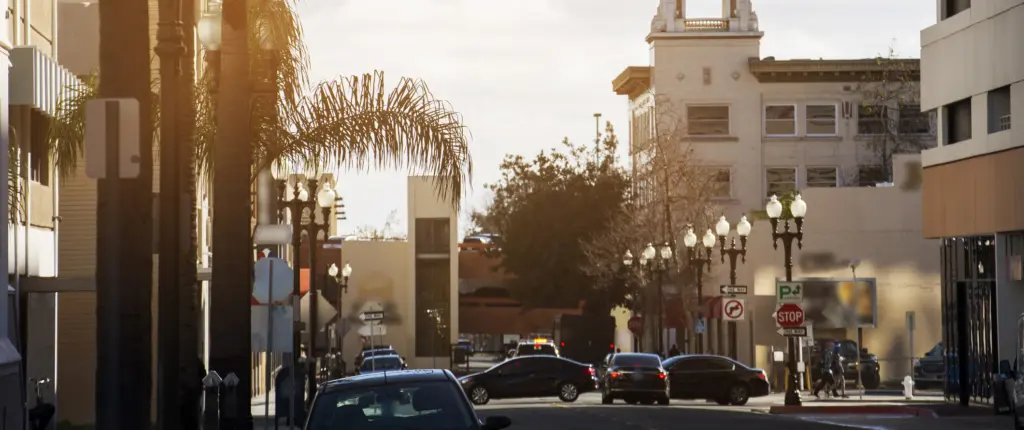Proposition 213, also known as the Personal Responsibility Act of 1996, is a California law that affects the rights of uninsured drivers to seek compensation after a motor vehicle accident. It was designed to encourage responsible driving and promote the purchase of car insurance by limiting the damages that uninsured drivers can recover in personal injury lawsuits. Specifically barring non-insured drivers from collecting non-economic damages, such as pain and suffering or emotional distress.
The purpose of this article is to provide an overview of Proposition 213, its history, how it works, who it affects, exceptions to the law, and the benefits of hiring a personal injury attorney if you are involved in a case where Proposition 213 applies.
What Is Proposition 213?
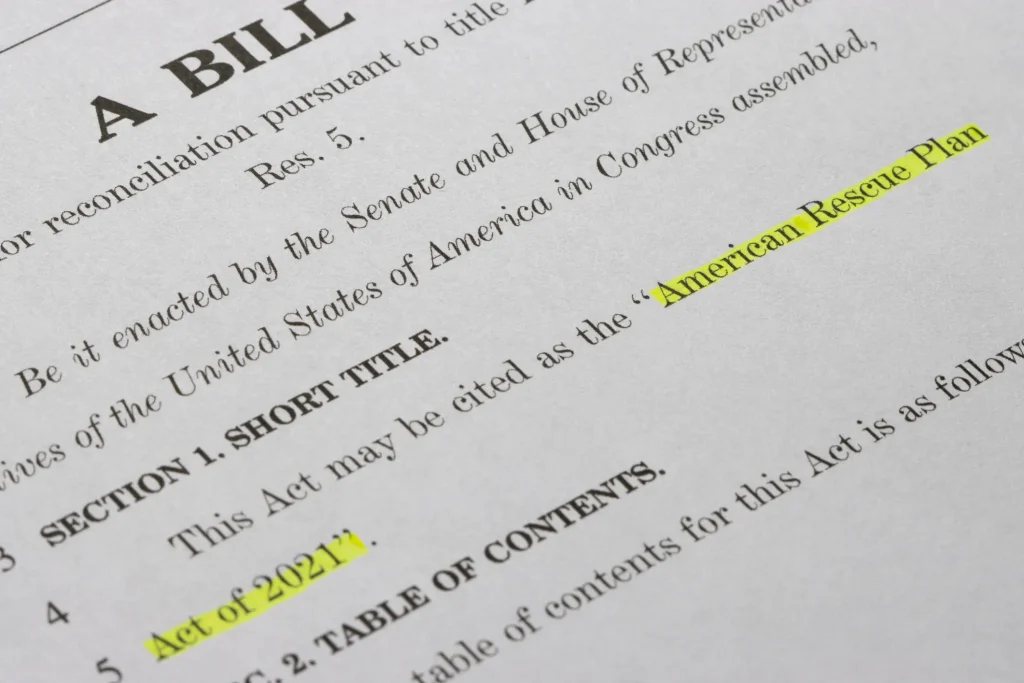
Proposition 213 emerged as a California ballot initiative in 1996. Insurance companies were in favor of the proposal, claiming that uninsured drivers were causing insurance costs to increase for all other drivers. The electorate approved the initiative, and it was enacted into law within the same year, on November 6th.
Under this regulation, uninsured drivers, convicted DUI offenders, and felons fleeing police are not allowed to recover non-economic damages, like pain and suffering, in a personal injury case, even if they are not at fault for the collision. However, they can still acquire economic damages, including medical bills, lost wages, and property damage.
How Proposition 213 Works and Who It Affects
Proposition 213 was designed to limit compensation to certain drivers who can acquire in car accident claims. It specifically restricts uninsured drivers, DUI offenders, and felons fleeing from police to attain non-economic damages. Let’s further review each group below.
Uninsured Drivers
Uninsured drivers are individuals who operate a vehicle without owning liability insurance coverage. In California, it is required for all drivers to have a minimum level of auto insurance to protect themselves and others in an accident. Under Prop 213, they will only be entitled to seek economic damages, and will miss out on a significant portion of pay due to their ineligibility to acquire non-economic damages.
Drivers Convicted of DUI
Driving while under the influence (DUI) happens when someone uses a vehicle while being on drugs, alcohol, or a mixture of both. Either of these substances can affect their ability to navigate in and out of traffic safely. Prop 213 will apply to this group regardless of whether the DUI driver is at fault for the accident. This restriction will deter drunk driving and discourage negligent behavior on the roads.
Felons Fleeing Police
Felons fleeing from police are people who engage in criminal activity, and are determined to evade law enforcement officers in a vehicle pursuit. Prop 213 will prohibit them from acquiring non-economic damages whether or not they were injured due to their own actions or that of others.
What Are the Exceptions to Prop 213 in California?
While Proposition 213 limits compensation for certain groups, there are some key exceptions where this restriction does not apply. Let’s take a look at these particular factors in the sections below.
Passengers in an Uninsured Vehicle
Passengers in an uninsured vehicle are not subject to such restrictions enforced under the proposition, meaning that they are entitled to recover non-economic damages, even if the vehicle operator was uninsured.
Employer-Owned Vehicles
Another exception to Proposition 213 is for employees who are injured while driving a company-owned vehicle that is uninsured. In such a case, the employee may still be eligible to recover non-economic damages as long as they were not personally responsible for the vehicle’s lack of insurance.
Government Vehicles
Proposition 213 does not apply to government vehicles. If someone is operating one and gets into an accident, Prop 213’s restriction will not apply in the same way it would for private vehicles. This is due to the following reasons:
- Government vehicles are usually insured through public liability insurance. They are covered by policies provided by the government entity that owns the vehicle, whether it be the city, county, state, or federal government. Such coverage may extend to non-economic damages (depending on the policy).
- Prop 213 limitations are aimed at individuals who do not meet financial responsibility requirements. If the individual controlling the government vehicle is insured under the policy, these restrictions will not be enforced onto them if they are involved in a collision.
If you get injured by a government-owned vehicle, Prop 213 will not be relevant because you can still recover both economic and non-economic damages by the agency’s insurance. But, if you engaged in unlawful activities at the time of the accident, your compensation will be reduced under the state’s pure comparative negligence rule.
Benefits of Hiring West Coast Trial Lawyers for Proposition 213 Cases
Proposition 213 is an intricate California law that affects the rights of certain drivers to recover damages after a motor vehicle accident. Understanding the law, its exceptions, and how it may apply to your case is crucial. To achieve the best possible outcome for your case, we highly suggest seeking the guidance of an experienced personal injury attorney.
Our experienced legal team at West Coast Trial Lawyers (WCTL) is here to assist you in seeking compensation for any injuries you’ve sustained from a negligent driver. WCTL has represented hundreds of car accident victims across California and recovered over $1 billion in settlements on behalf of our clients.
The founder and president of WCTL, Neama Rahmani, is a former federal prosecutor and Harvard graduate and he has built an expert team, composed of super lawyers and talented representatives ready to assist you every step of the way. Whether you have incurred medical expenses, lost income, endured pain and suffering, or experienced any other damages, our personal injury attorneys will work tirelessly to get you the full compensation you deserve.
We operate under a contingency-fee basis, meaning you do not pay us unless we win or settle your case. To schedule a FREE consultation, you can reach out to our 24/7 legal team by calling (213) 927-3700 or filling out our easy online contact form.

